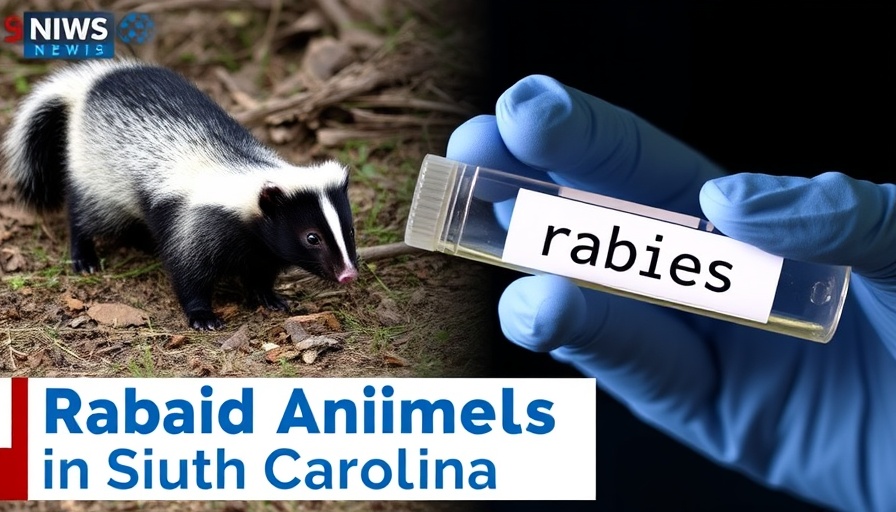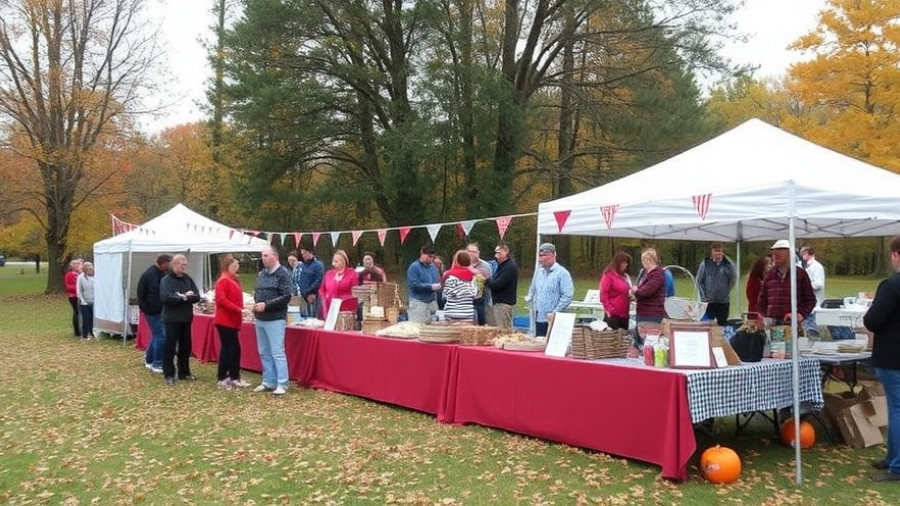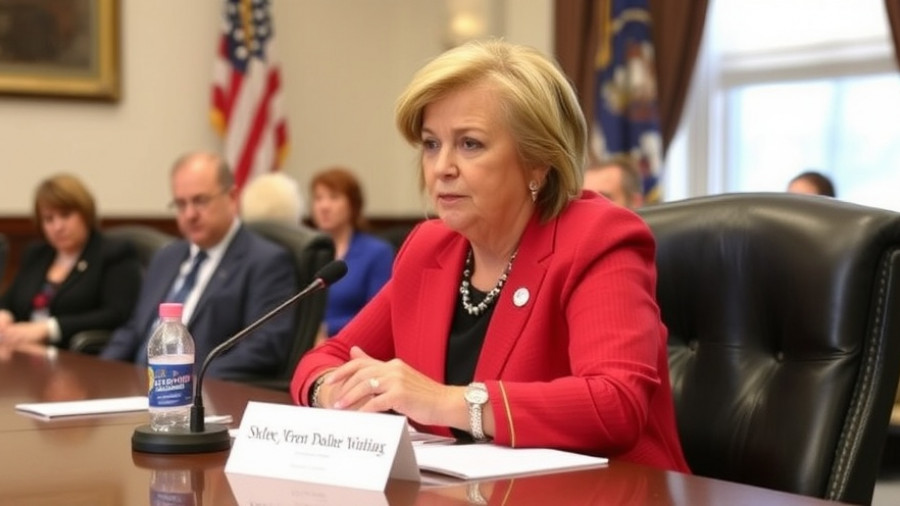
Rabies Outbreak Triggers Health Warnings in Upstate South Carolina
In a concerning development for residents of Upstate South Carolina, two rabid animals have been confirmed: a skunk in Anderson County and a raccoon in Spartanburg County. As health officials scramble to manage the situation, it brings to light the ongoing risks associated with rabies, particularly in rural areas where wildlife often interacts closely with domestic animals.
In South Carolina health officials report rabies exposures in 3 counties, we examine the implications of these findings and what the community needs to know.
Understanding Rabies and Its Risks
Rabies is a lethal virus that is primarily transmitted through the bite of an infected animal. The skunk, found near Joyce Road and Ross Road in Liberty, had two cows exposed, which is a concerning sign for local livestock owners. While the state Department of Public Health has confirmed that no people have been exposed, reports indicate that one dog was also potentially at risk after coming into contact with the rabid raccoon found near Virginia Avenue and Green Acres Street in Lyman.
The Importance of Immediate Action
Health officials stress the urgency of monitoring local wildlife and ensuring that pets are vaccinated and kept away from wild animals. Community members are encouraged to report any unusual animal behavior or sightings to local authorities for further investigation. The proactive response from the state health department reflects a growing recognition of the interconnectedness of human, animal, and environmental health.
Community Vigilance Can Save Lives
These recent rabies findings highlight a vital point: community vigilance and swift response are crucial in preventing the spread of this dangerous virus. Residents of Anderson and Spartanburg counties should take heed of local advisories and ensure their pets are up-to-date on vaccinations, further protecting themselves and their community from potential outbreaks.
 Add Row
Add Row  Add
Add 




Write A Comment